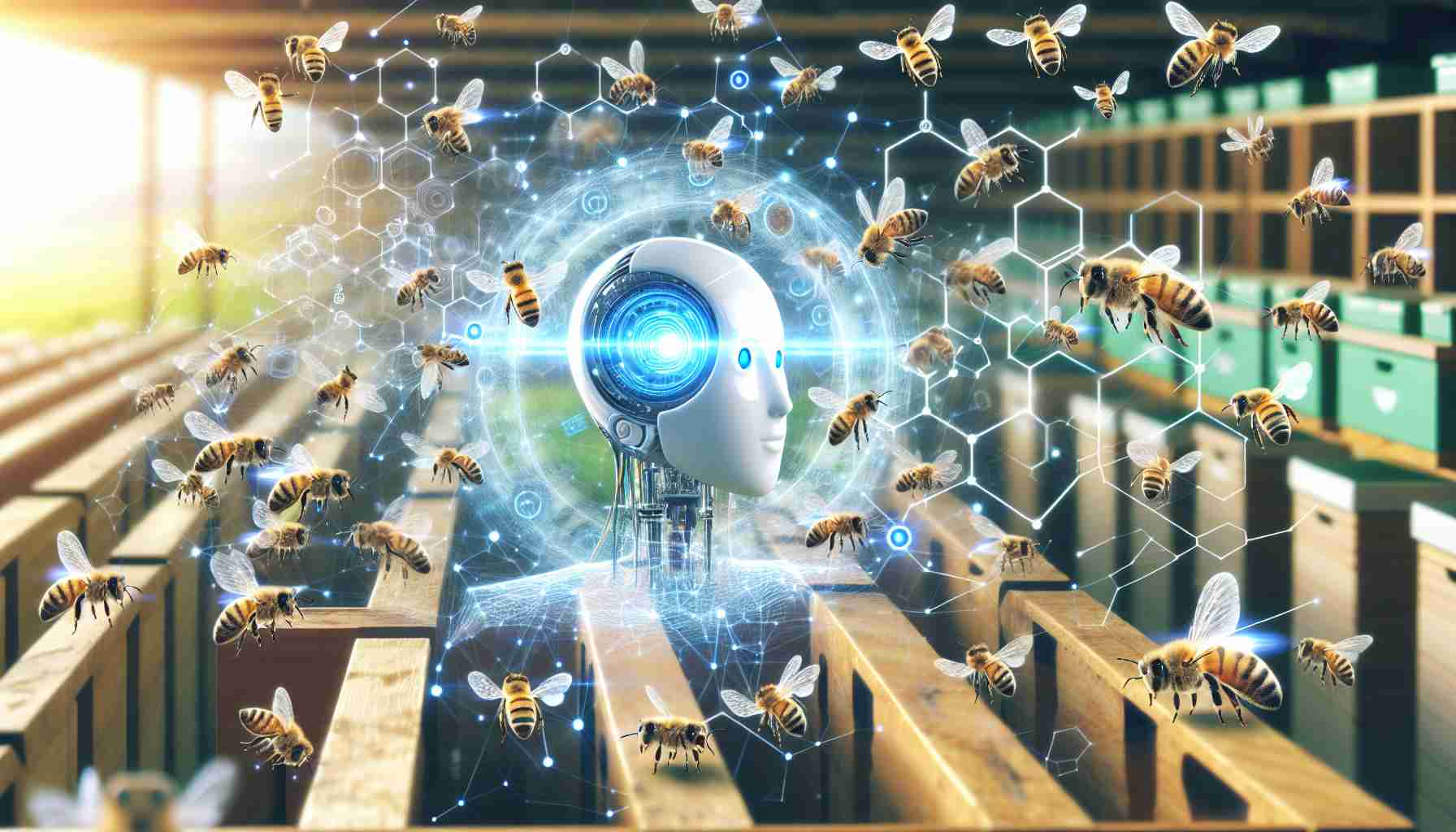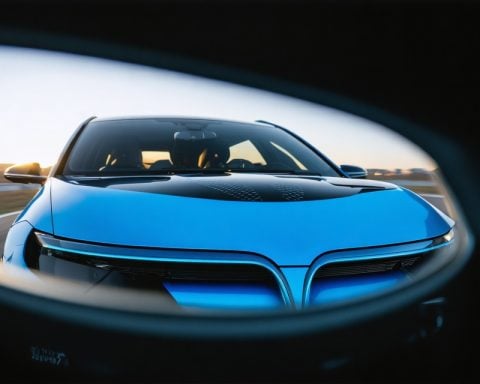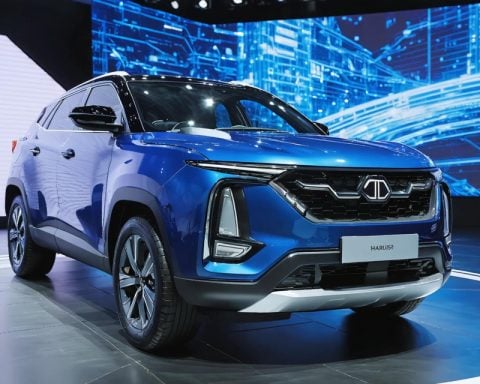In recent years, the decline of bee populations around the world has become a critical ecological issue. Bees are essential for pollinating a vast majority of our food crops, and their dwindling numbers pose a direct threat to global agriculture and food security. Enter AI technology as a potential game-changer in this crisis.
Recent innovations suggest that AI-powered beekeeping might offer new solutions for enhancing bee health and monitoring their populations. Tech companies are developing smart hives equipped with artificial intelligence systems that monitor temperature, humidity, and other environmental variables. These systems are capable of providing real-time feedback to beekeepers, suggesting optimal strategies for maintaining hive conditions and ensuring the health of their colonies.
Moreover, AI algorithms can analyze patterns of bee behavior captured by cameras and sensors in the hives. These algorithms help identify early signs of disease or distress, enabling prompt intervention and potentially saving thousands of bees from the brink of collapse. This predictive technology allows beekeepers to act on problems before they become unmanageable, offering a safeguard against unexpected colony losses.
With the integration of machine learning and comprehensive data analysis, AI-driven beekeeping technologies offer a promising avenue to support bee populations and, by extension, the agriculture industry. While these solutions are still in their infancy, their potential impact underscores a critical intersection between advanced technology and ecological conservation. As these technologies evolve, they may become indispensable tools for sustaining and revitalizing bee populations worldwide.
The Surprising Impact of AI on Beekeeping and Global Ecosystems
As the media focuses on the decline of bee populations, AI technology’s role in this ecological crisis is capturing attention for other unexpected reasons. Apart from enhancing hive conditions, AI is driving innovations in urban beekeeping. Cities worldwide, like New York and Tokyo, are now exploring AI-assisted rooftop gardens and bee sanctuaries, helping urban ecosystems flourish.
Why are bees declining? Apart from pesticides and habitat loss, climate change has unsettled the natural rhythms bees rely on. AI offers a close monitoring solution, mitigating some risks but not addressing root causes such as environmental degradation.
However, not everyone is thrilled. Critics argue that relying on AI doesn’t resolve fundamental issues like pesticide usage and monoculture farming, which inherently harm bee colonies. They caution that the allure of technology might divert attention from these pressing issues, creating further dependencies on human-made systems.
This raises the question: Can technology alone save the bees? The integration of AI with traditional practices is key. Blending AI with organic beekeeping practices could enhance sustainability, offering balance. Yet, while AI holds promise, its solutions aren’t universally accessible. Costs might limit its benefits to affluent regions, leaving developing areas behind.
Advantages include real-time data-driven decisions, improved crop yields, and urban ecosystem enhancement. Yet, potential disadvantages comprise over-reliance on tech without addressing root problems and global inequity.
For more information on bee conservation efforts, visit Greenpeace or learn about urban beekeeping technology advancements at National Geographic.







